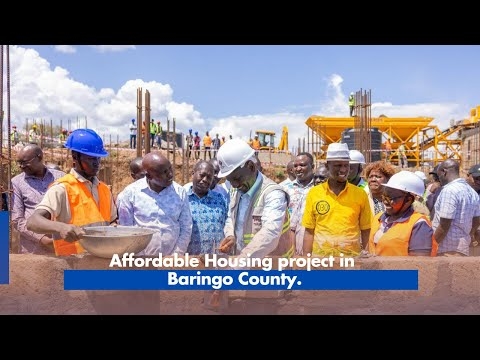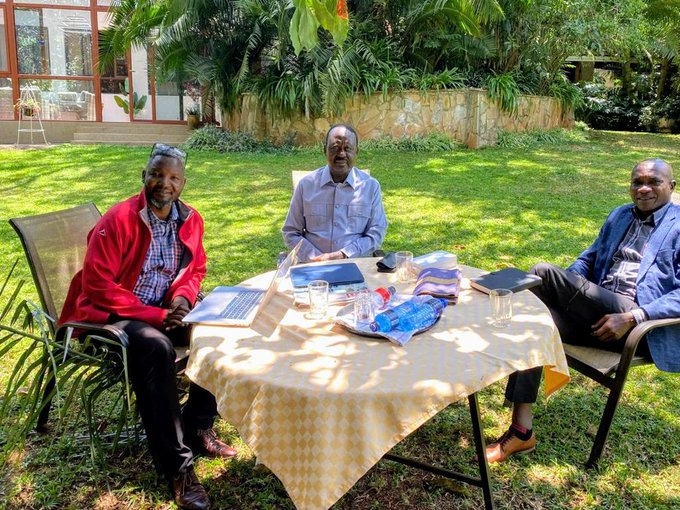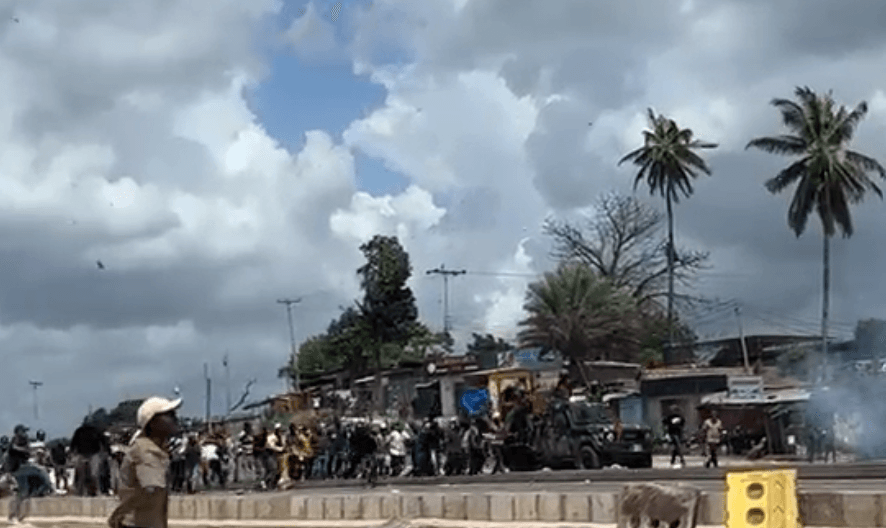The Supreme Court will on Wednesday rule on the legality of the Sh500 billion Standard Gauge Railway (SGR) contract.
The State had moved to the Supreme Court to challenge a declaration that the contract between Kenya and China was illegal as it violated procurement laws.
The Court of Appeal had in 2020 faulted the Kenya Railways Corporation for illegally head hunting China Railways and Bridges Corporation (CRBC) for the project.
KRC was particularly aggrieved by a declaration that, as the procuring entity, it failed to comply with and violated provisions of Article 227 (1) of the Constitution and Sections 6 (1) and 29, of the Public Procurement and Disposal Act, 2005.
Incidentally, Chief Justice Martha Koome was part of the three-judge bench at the Court of Appeal that, on June 2020, found the SGR contract illegal.
The other judges were Gatembu Kairu and Jamilla Mohammed.
Koome, the President of the Supreme Court, will lead other judges to make a judgment on the same on Wednesday.
Activist Okiya Omtatah had moved to court challenging the SGR contract over failure by KRC to follow procurement laws.
Omtatah had argued that only a few people knew the finer details of the SGR deal between Kenya and China’s Exim Bank.
Particularly, the feasibility report by CRBC, the financing agreement, the loan repayment plan and the operations plan had remained a secret.
However, tomorrow's Supreme Court ruling comes days after Transport and Roads Cabinet Secretary Kipchumba Murkomen released to the public parts of the SGR contract.
It emerged, from the documents, that the contract gave sweeping powers the Chinese lenders, including requiring arbitration of any dispute to be held in Beijing.
In the documents shared by Murkomen, China was to lend Kenya $1.6 billion at 2 percent interest per annum, with a 0.25 percent commitment fee.
Taxpayers paid a management fee of $4 million 30 days after the signing of the contract.
The SGR deal, the contract shows, is a 20-year loan with a seven-year grace period.
Kenya was to repay the amount in 156 months (13 years), and was to dedicate 42.06 per cent of the proceeds from the railway to repay the loan.
For the Nairobi -Naivasha route, Kenya inked a $1.2 billion in a 20-year loan facility.
Kenya was required to pay $137.59 million as insurance fees.
Kenya was bound to keep the details of the deal under lock and key, the reason why authorities, including then President Uhuru Kenyatta, refused to make the contract public even after court orders.
Both the High Court and the Court of Appeal had this year ruled that the government should make public details of the SGR contract.
Activists Khelef Khalifa and Ms Wanjiru Gikonyo sought to have all contracts, agreements and studies related to the construction and operations of the SGR made public.
They argued that keeping the documents confidential violates the law and discourages transparency in governance.
But then Transport Principal Secretary Joseph Njoroge argued that agreements entered between the government and Chinese contractors over the construction of the SGR had non-disclosure clauses.
Njoroge further said that it would be in breach of contractual terms of the agreements if the two activists are supplied with the disclosure of documents related to the construction of the SGR line project.












